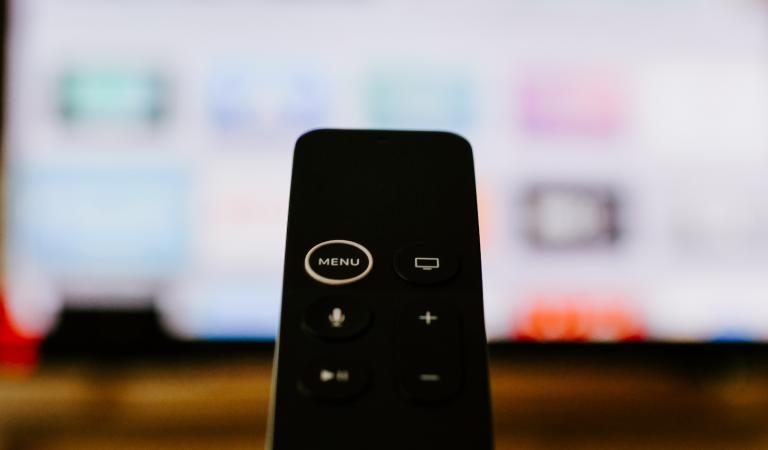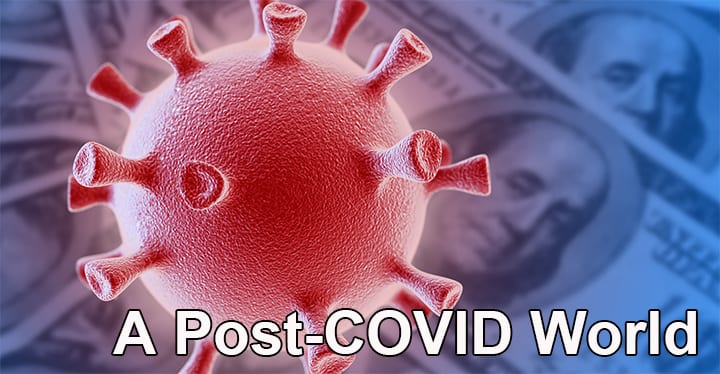Nothing will rob you of your sense of control like the word “cancer.” In my last post, I shared how Audrey’s (my wife of 31 years) cancer diagnosis ambushed us and plunged us into the world of medical practitioners. One of the upsides to this experience (and there are a number of them) has been a front row seat to witness and benefit from the work of amazing medical professionals here in New York City. Another has to do with being out of control.
Always In Control
If you asked me if I was always in control, I’m not sure how I’d answer. If you asked, “Are you usually under control?” I’d have said, “Definitely.” And I would have also agreed to words like prepared, planned, working hard, working smart, responsible, and disciplined. And these are all words that characterize someone who likes to be “in control.”
Keeping a grip on the situation saved me from the party scene. The idea of getting so wasted that you did and said things that you didn’t remember had zero appeal at all.
Five years ago, we radically changed our lives — dismantling a suburban life (house, cars, dogs, lots of square feet, large lot, solitude) and have built an urban one. Part of the plan has to be to keep things under control — the spending and the schedule in particular. By and large, this kind of discipline has been our friend. VOCA (see my bio and the work i do below) is a start-up, and with new ventures, there are always wild cards. Add to this pressure, cancer.
Cancer forced me to face again the reality that I’m not in control. And despite the discipline factors that have shaped our recent lives, we were facing a hurricane that suddenly changed course and was heading our way.
Masters of the Universe
I’ve confessed my control issues. But it’s not just me. We are all schooled to believe we can be masters of the universe. Press a few buttons and boom, magically your latest fashion choice, dinner or a ride appears. The most contested device in your living room is the remote control. We can find whatever information, distraction, or product we want, when we want it, by accessing the web via your device of choice.
Beyond that, the best-life-practice hawkers sell us the idea that if we make the right moves, we can have guaranteed outcomes. I’m an executive coach. I promise clients more alignment, joy, and productivity in their work if they invest in our services. It’s almost a form of secular Kharma: right work in, right results out. So if you have the correct education, make the right career moves, eat right, exercise, you’ll live forever and be rich. (There are Christian versions of this thinking as well.) If you get cancer, you must have done something wrong.
This thinking is everywhere. It is oppressive. “Always be on your A-game and get everything right.” Mercifully, it does not square with reality.
Many people who enjoy amazing lives will tell you they don’t know why or how they got there. The humble ones will say they don’t deserve it. Sure they’ve worked hard, but they know deep in their bones that they are the recipients of special blessings.
Even people who seem healthy, successful, and well off, will also tell you (if they have the courage and are honest) that they’ve experienced some terrible losses, setbacks, and failures. In other words, life threw them curveballs just like everyone else. Health challenges, addiction, career setbacks, and personal mistakes afflict everyone. In other words, much of what shapes their lives for good or ill is out of their direct control. They are not masters of the universe, after all.
Facing the Reality of Being Out of Control.
Audrey’s cancer reminded us that we were not in control. The only factor that was on our side of the ledger was our response to her situation.
- We could draw closer to each other or pull away.
- We could lean into God, his presence and word, or neglect them
- We could rely on the great community of friends and family who love us or say “thanks but no thanks.”
- We could keep going the way we had been (in terms of schedule, etc.), we could shut down and collapse in isolation and TV watching, or we could modify our schedules and rhythms to keep essential commitments happening while we metabolize the new challenge of being treated for a serious disease.
Many of my clients come to me frustrated with factors beyond their control. Their boss doesn’t value them. Their company hasn’t followed through on all the verbal commitments they made during the hiring process. Their industry is changing and they risk being left behind. Great clarity comes from asking yourself the following questions:
- What factors are most bothering me?
- Of those factors, which do I have direct control over?
- Of those factors, which do I have some influence over?
- Of those factors, which are completely beyond my ability to influence or control?
We should find ways to spend most of our time focused on our answers to #2. (This is adapted from Stephen Covey’s 7 Habits of Highly Effective People. It also rests on the biblical principle that God gives each of us differing spans of responsibility and authority and we should concentrate on those matters over which we are directly in control and therefore accountable).
Our disease-fighting reality helped me focus on what matters and what I can control. Yet this wisdom on managing the out of control situation is really not enough.
Gain by Trusting the One Who is In Control
Ultimately, I believe God is in control. This statement raises all sorts of issues about God and suffering, God and human will/responsibility. These questions are beyond the scope of this post. Tim Keller’s treatment of them in Walking with God through Pain and Suffering is stellar.
In my pain and confusion and future-facing fear over Audrey’s cancer, the idea that God was in control, has been very comforting. Some quotes from Keller put it in perspective.
“God is a sovereign (in -control) and suffering God. Suffering ultimately has some meaning and the triune God is able to provide deliverance from it. God’s plan works through our choices. Not around or despite them. Ultimately there are no accidents. His plan also includes bad things. Even our failures and troubles will be used for God’s glory and our benefit. So the promise of Romans 8:28, that ‘all things work together for good’ is an incomparable comfort.” (Tim Keller, Walking with God through Pain and Suffering, pages 139-144).
A well-meaning soul sat down with me for coffee at my NYC WeWork lounge. He had heard me mention Audrey’s cancer in a talk. He took me to task for my lack of faith. “Cancer is not God’s plan for your wife.” I disagreed politely. But the sentiment still bothers me. Of course, this is God’s plan for our lives. Even if it was caused by behavior (a possibility for which there is no evidence), it is absolutely part of God’s plan. I don’t know why this is part of the plan. I am not sure how this will end, though the prognosis is very positive, but what a scary and even arrogant thing to suggest that we know better what God’s plans are for us than he does. Fighting cancer is part of God’s plan for Chip and Audrey and our whole community of family and friends.
I remind people to apply this idea to their daily work. When we start talking about God’s plan and work, we think “dream job.” But work journeys are messy and confussing. The earlier you are in your career (or starting over) the more of ‘learning the ropes,’ ‘paying your dues’ kind of work, you will have to do. Even if it’s a terrible job, or you made a poorly conceived move into your current role and feel like you’re paying the dump-tax, it is still part of God’s plan for you.
I find some relief in this, some real peace.
How About You?
How about you? What is out of control in your life right now? How are you thinking about it? How are you coping? What can be gained by trusting in God’s plan and focusing on the factors you can control.
Only One Master of the Universe
We are not masters of the universe but we can come to know and rely upon the one who is.
Dr. Chip Roper writes Marketplace Faith from New York City, where he is the Founder and President of the VOCA Center. Under Chip’s leadership, VOCA rescues clients like your from the forces that rob them of effectiveness and joy at work. VOCA provides coaching, training, and consulting to individuals and organizations in NYC and beyond. Visit our faith-based website at vocacenter.org and our market-facing menu of services at www.vocacenter.com.












